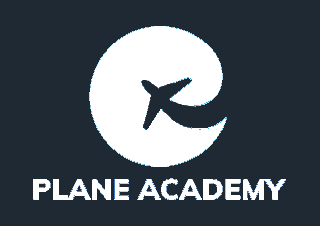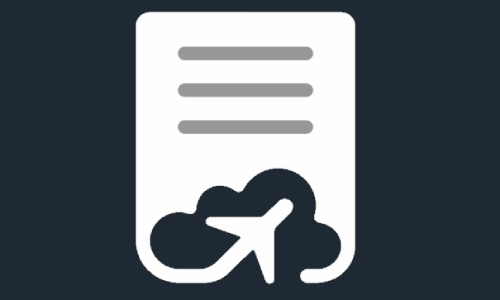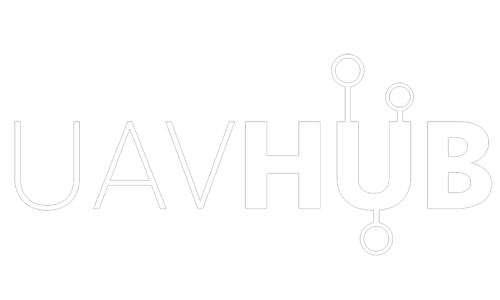Navigating the Airline Pilot Interview: Questions and Preparation Tips
The pilot interview stage holds considerable weight in the assessment process, often serving as the final hurdle before gaining entry into a flight school’s pilot training program. It’s essential to understand that the interviewer seeks to evaluate your potential, focusing on non-technical skills, ambition, and your drive to become an airline pilot.
Interviewer’s Perspective:
The interviewer looks beyond age or extensive life experience, aiming to gauge the qualities that make a successful pilot. They delve into your past experiences, probing instances where you demonstrated leadership, motivation, teamwork, and other vital skills. Your communication skills during the interview, including open body language and eye contact, also contribute to the overall assessment.
Example Interview Questions:
Prepare for a range of questions that delve into your character and decision-making abilities. Some examples include:
- “If your friends were to describe you in one word, what would it be?”
- “Apart from basic responsibilities, how can a pilot enhance the passengers’ overall experience?”
- “Describe a situation where you demonstrated leadership.”
- “Recall a setback you faced and how you overcame it.”
- “Share an experience where you had to make a split-second decision and its result.”
- “Discuss a time when things didn’t go as planned, and how you handled the situation.”
- “Provide an example of going above and beyond for customer service as an airline pilot.”
Preparation Strategies:
Thoroughly prepare examples from various facets of your life, such as school, work, or public experiences, to showcase your diverse skills. Conduct mock pilot interviews with friends and family to refine your responses. During the interview, pause after each question to gather your thoughts and respond effectively. Create spider diagrams with key topics, like leadership and teamwork, at the center, aiding in a structured approach to your responses.
It’s crucial to have multiple examples for each topic, covering areas such as leadership, motivation, teamwork, communication, recovering from setbacks, and responsibility. Embrace nervousness as a normal part of the process, entering the interview with an open mind for a friendly conversation about your achievements and the skills you’ve displayed.
Staying Informed about the Industry:
Stay abreast of the aviation sector to answer questions related to industry challenges and trends. While they won’t expect you to know specific details, having a general understanding allows you to address queries like:
- “What key challenges does aviation face now?”
- “Where do you see yourself in five years?”
- “What’s the most interesting development in commercial aviation currently?”
Keep industry knowledge updated by reading news articles, following aviation blogs, or subscribing to relevant publications. Demonstrating awareness of the industry’s key aspects enhances your credibility during the interview.
For Sponsored Airline Schemes:
If applying for sponsored schemes, focus on understanding and keeping up with the specific airline’s details. Be prepared to answer questions such as:
- “What are some of our airline’s biggest challenges in the next few years?”
- “Where do you see yourself within the airline in five years?”
- “Why do you want to apply for this airline instead of others?”
- “How can you, as a pilot, go above and beyond for our customers?”
In conclusion, approaching the pilot interview as a conversation about your life and achievements, coupled with industry awareness, will contribute to a successful assessment and potential acceptance into a pilot training program.
